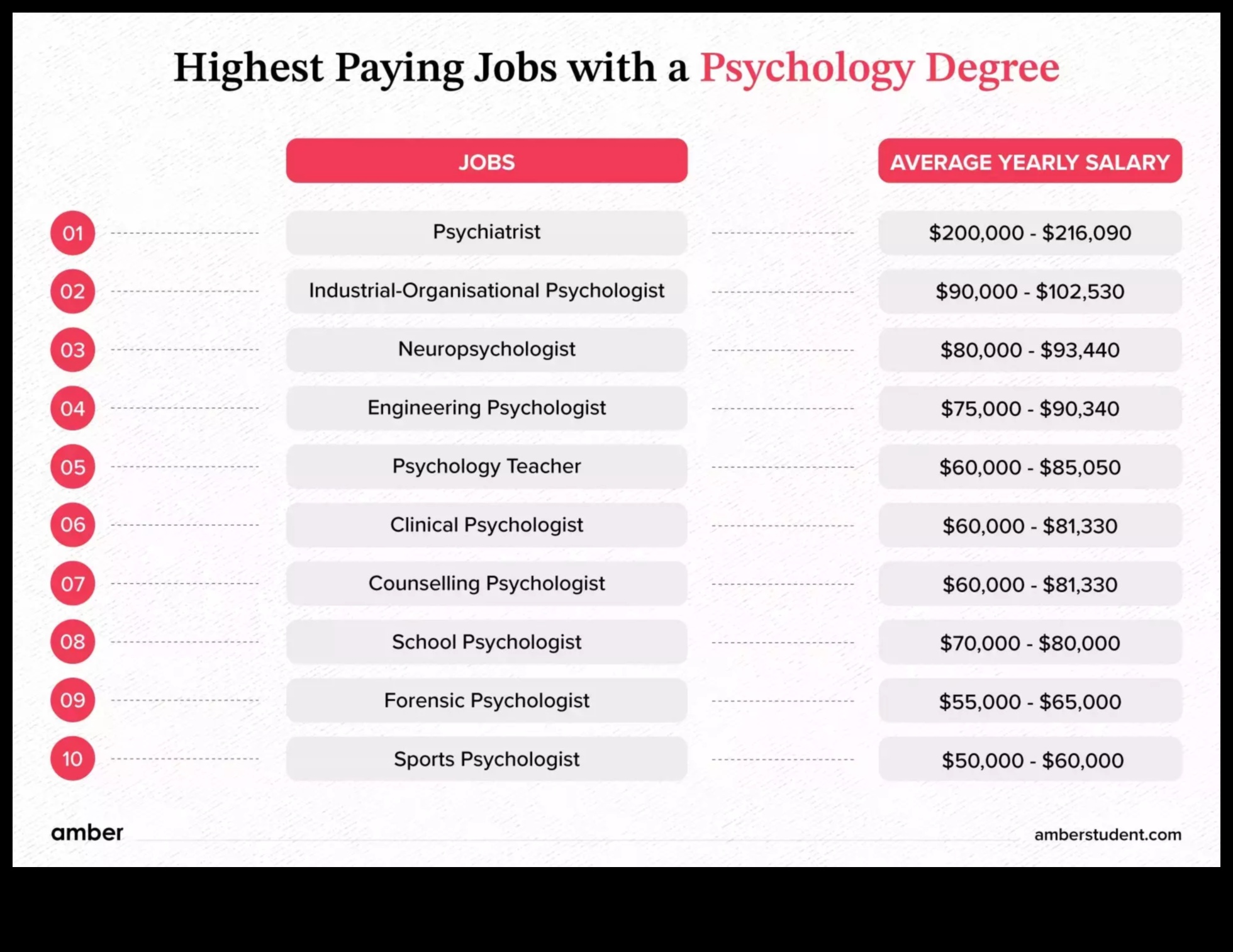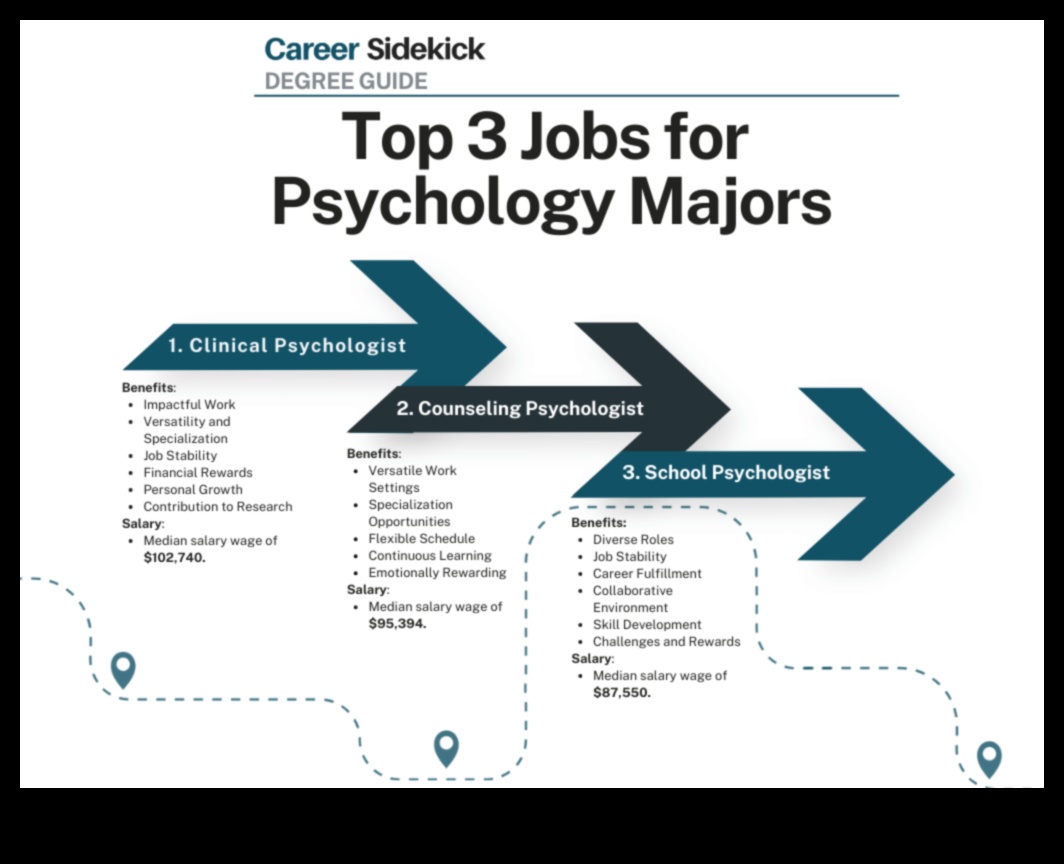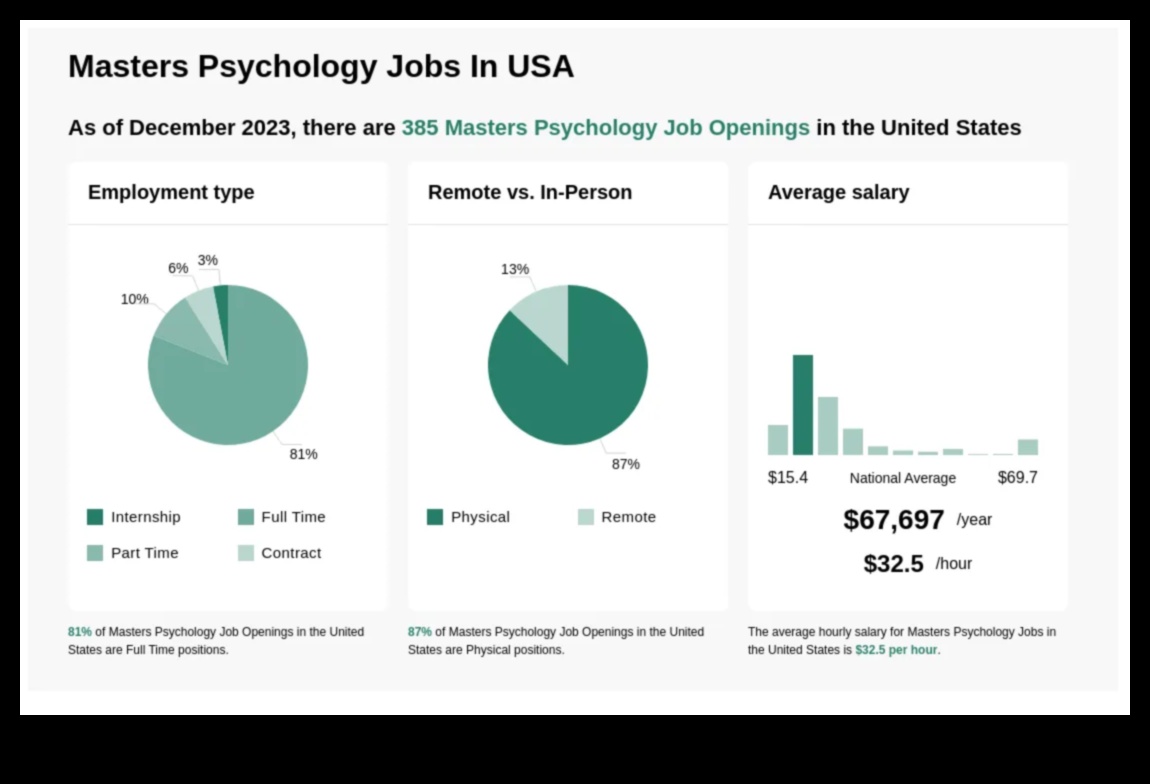
I. Introduction
II. Jobs for Psychology Masters in the Government Sector
III. Jobs for Psychology Masters in the Non-Profit Sector
IV. Jobs for Psychology Masters in the Private Sector
V. Jobs for Psychology Masters in Academia
VI. Jobs for Psychology Masters in Research
VII. Jobs for Psychology Masters in Consulting
VIII. Jobs for Psychology Masters in Human Resources
IX. Jobs for Psychology Masters in Marketing
X. FAQ
1. career opportunities with a master’s in psychology
2. jobs for psychology majors
3. master’s in psychology salary
4. psychology careers
5. what can you do with a master’s in psychology
| Topic | Answer |
|---|---|
| Career opportunities with a master’s in psychology | A master’s in psychology can open up a wide range of career opportunities, including jobs in research, counseling, education, business, and government. |
| Jobs for psychology majors | Some of the most common jobs for psychology majors include: clinical psychologist, counseling psychologist, school psychologist, industrial-organizational psychologist, and social psychologist. |
| Master’s in psychology salary | The median annual salary for psychologists with a master’s degree is $75,090. |
| Psychology careers | Here are some of the different types of careers that you can pursue with a master’s in psychology:
|
| What can you do with a master’s in psychology | With a master’s in psychology, you can work in a variety of settings, including:
|

II. Jobs for Psychology Masters in the Government Sector
There are a number of different jobs that psychology masters can find in the government sector. Some of the most common include:
Clinical psychologists work with individuals and families to provide mental health services. They may work in government agencies that provide mental health services to the public, such as community mental health centers or state hospitals.
School psychologists work in schools to provide mental health services to students. They may also work on school-wide mental health initiatives or conduct research on mental health issues in schools.
Industrial-organizational psychologists work in government agencies to design and implement human resource programs. They may also conduct research on workplace issues, such as employee morale or productivity.
Forensic psychologists work in government agencies to provide expert testimony in legal cases. They may also conduct research on criminal behavior or work on developing psychological assessments for use in the criminal justice system.
The salary potential for psychology masters in the government sector varies depending on the job title and level of experience. However, the median salary for psychology masters in the government sector is $75,000 per year.
Educational requirements for psychology masters in the government sector typically include a master’s degree in psychology or a related field. Some jobs may also require additional training or certification.
III. Jobs for Psychology Masters in the Non-Profit Sector
There are a variety of jobs for psychology masters in the non-profit sector, including:
* Clinical psychologist
* Counseling psychologist
* School psychologist
* Social worker
* Program manager
* Grant writer
* Policy analyst
* Advocate
* Educator
These jobs typically require a master’s degree in psychology, as well as experience working with people from diverse backgrounds. They offer the opportunity to make a difference in the lives of others, and to work on issues that are important to you.
Here are some specific examples of non-profit organizations that hire psychology masters:
* The American Psychological Association (APA)
* The National Institute of Mental Health (NIMH)
* The National Alliance on Mental Illness (NAMI)
* The Rape, Abuse & Incest National Network (RAINN)
* The Center for American Progress
* The Brookings Institution
* The Urban Institute
* The World Wildlife Fund
* The American Cancer Society
These are just a few examples of the many non-profit organizations that hire psychology masters. If you are interested in working in the non-profit sector, there are many opportunities available to you.

Jobs for Psychology Masters in the Government Sector
There are a number of different jobs that psychology masters can do in the government sector. Some of the most common include:
Clinical psychologist: Clinical psychologists provide mental health services to individuals, couples, and families. They work in a variety of settings, including hospitals, clinics, and private practices.
School psychologist: School psychologists work with children and adolescents to help them learn and develop. They provide assessment and intervention services, and they work with teachers and parents to create supportive learning environments.
Forensic psychologist: Forensic psychologists work with the legal system to evaluate and treat criminal defendants, victims, and witnesses. They also provide expert testimony in court.
Industrial-organizational psychologist: Industrial-organizational psychologists work with businesses to improve employee productivity and satisfaction. They conduct research, develop training programs, and consult with management on a variety of issues.
Health psychologist: Health psychologists work with patients to promote healthy behaviors and manage chronic illnesses. They also conduct research on health issues and develop interventions to improve health outcomes.
The salary potential for psychology masters in the government sector varies depending on the job title and level of experience. However, the median annual salary for all psychology masters is $80,100.
The educational requirements for psychology masters in the government sector vary depending on the job title. However, most jobs require a master’s degree in psychology or a related field. Some jobs may also require additional training or certification.
To get started in a career in psychology in the government sector, you can:
Pursue a master’s degree in psychology or a related field.
Gain experience working in a psychology-related field.
Network with people in the government sector.
Take advantage of job fairs and other recruitment events.

5. What can you do with a master’s in psychology?
There are a variety of jobs that you can do with a master’s in psychology. Some of the most common include:
- Clinical psychologist
- Counselor
- Researcher
- Teacher
- Administrator
The specific job that you choose will depend on your interests and skills. If you are interested in working with people, you might consider becoming a clinical psychologist or counselor. If you are interested in research, you might consider becoming a researcher. If you are interested in teaching, you might consider becoming a teacher. If you are interested in administration, you might consider becoming an administrator.
Of course, these are just a few of the many jobs that you can do with a master’s in psychology. The possibilities are endless!

6. FAQ
1. What are the career opportunities with a master’s in psychology?
2. What jobs are available for psychology majors?
3. What is the salary potential for a master’s in psychology?
4. What careers are available in psychology?
5. What can you do with a master’s in psychology?
VII. Jobs for Psychology Masters in Consulting
With a master’s degree in psychology, you can pursue a career in consulting. As a psychology consultant, you will work with clients to solve a variety of problems, such as:
- Improving employee morale
- Resolving conflict
- Developing new marketing strategies
- Creating more effective training programs
- Improving customer service
As a psychology consultant, you will need to be able to think critically, communicate effectively, and work independently. You will also need to have a strong understanding of human behavior and psychology.
The salary potential for psychology consultants varies depending on your experience, education, and location. However, you can expect to earn a starting salary of around $50,000 per year. With experience, you can earn up to $100,000 or more per year.
Some of the best jobs for psychology masters in consulting include:
- Organizational development consultant
- Market research consultant
- Training and development consultant
- Customer service consultant
- Conflict resolution consultant
If you are interested in a career in consulting, you should consider getting a master’s degree in psychology. This degree will provide you with the skills and knowledge you need to succeed in this field.
Jobs for Psychology Masters in Human Resources
With a master’s degree in psychology, you can find a variety of jobs in the human resources field. These jobs range from entry-level positions to senior-level positions, and they offer a wide range of salaries and benefits.
Some of the most common jobs for psychology masters in human resources include:
- Recruiter
- Hiring manager
- Talent acquisition specialist
- Employee relations specialist
- Benefits manager
- Training and development manager
As a psychology master, you will be well-equipped for these jobs because you will have a strong understanding of human behavior and motivation. You will also be able to apply your research skills to develop and implement HR programs that are effective in attracting and retaining top talent.
The median salary for a human resources manager with a master’s degree is $108,000 per year. However, salaries can vary depending on the size of the company, the industry, and the geographic location.
If you are interested in a career in human resources, a master’s degree in psychology can be a great way to get started. With your degree, you will be able to find a rewarding and fulfilling career that helps people and businesses succeed.
With a master’s degree in psychology, you can pursue a variety of careers in the marketing field. Here are some of the most popular options:
- Market research analyst: Market research analysts collect and analyze data to help businesses understand their customers and make informed decisions about their marketing strategies.
- Marketing manager: Marketing managers oversee the development and implementation of marketing plans for businesses. They work with other departments to ensure that marketing efforts are aligned with the company’s overall goals.
- Sales representative: Sales representatives sell products or services to customers. They typically have a strong understanding of the products or services they are selling and are able to build relationships with customers.
- Advertising account manager: Advertising account managers work with clients to develop and execute advertising campaigns. They work closely with creative teams to develop the creative concepts for ads and with media buyers to purchase advertising space.
- Public relations specialist: Public relations specialists build and maintain relationships with the media and other key stakeholders. They work to create positive publicity for their clients and to manage crises.
These are just a few of the many jobs that you can pursue with a master’s degree in psychology. If you are interested in a career in marketing, a master’s degree in psychology can give you the skills and knowledge you need to succeed.
FAQ
1. What types of jobs can psychologists do?
2. What is the salary potential for psychologists?
3. What educational requirements are needed to become a psychologist?